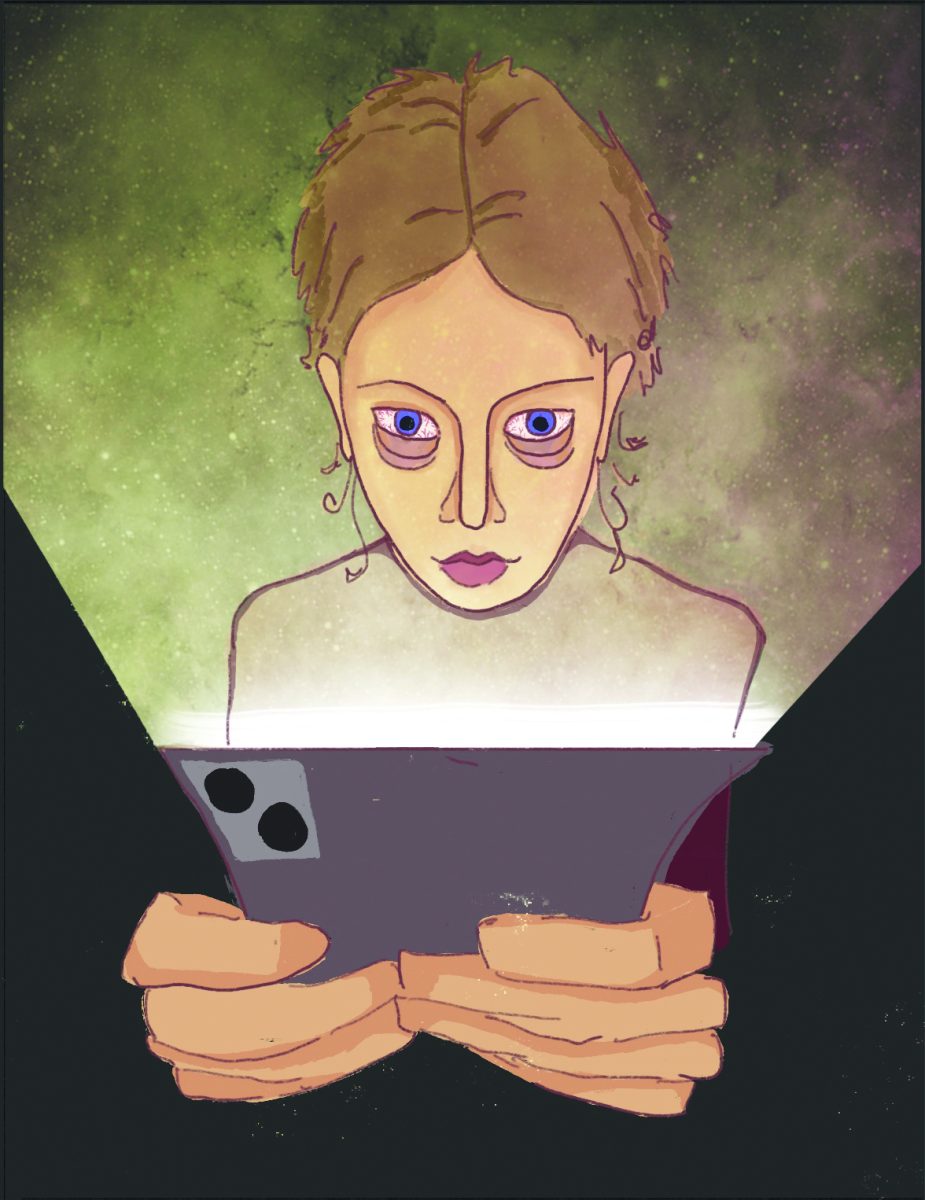Pure bliss. That is the only way to describe the moment I clicked the small red “leave meeting” button on the left corner of my screen last May, during what I believed to be my absolute final Zoom class. I thought that the infamous virtual classroom was a thing of the past, but it appears that Zoom is here to stay, at least for another year.
For the 2021-2022 school year, Marlborough has introduced a new policy which allows students to participate in their classes virtually while they are at home sick. We now have the option to join a Zoom meeting with our teachers and listen in on the class discussion, as well complete classwork online. The intention of this policy is to prevent sick students, especially those with COVID-19 symptoms, from coming to campus with a contagious virus and causing an outbreak. Additionally, in the event that a student does test positive for COVID-19 and must quarantine for two weeks, this “work from home” policy ensures that they will not fall behind in their school work or be marked absent. The ability to join class via Zoom encourages students who would normally prioritize school work while enduring a cold to stay home and take the appropriate health measures needed to protect our community during this pandemic.
That being said, I do think that there are some major downsides to this new policy as well. While having the option to participate in class virtually has been successful in keeping sick students home, this policy should not be continued in future (post-COVID-19) years because of the excess academic pressure it places on students.
Marlborough is already an environment that fosters a great amount of academic pressure. It is not uncommon to walk through the hallways on any given day and overhear students discussing how much time they spent studying or how few hours of sleep they got the night before. To put it bluntly, between rigorous academics and extracurriculars, it feels like Marlborough students, myself included, rarely get a break. The school is definitely headed in the right direction with the addition of “Community Days” and “Healthy Start Mornings,” but I fear that this high-pressure culture is exacerbated by allowing students to participate in classes virtually. The “work from home” policy is intended to address only quarantines or minor COVID-19 symptoms, but now students who are actually symptomatic or are experiencing non-COVID-19 illnesses are also joining class via Zoom. While the teachers are not actively encouraging this, there is an unspoken expectation that with the ability to participate virtually, you should take advantage of it and join class.
I know that in some instances students have joined their in-person classes via Zoom this year only to feel miserable, unable to focus or have even fallen asleep in the middle of a lesson. While I do agree that students should be responsible for communicating with and catching up on their school work when absent, they should not be expected to join and actively engage in class if they are sick.
Overall, I think that in the midst of an ongoing pandemic, Marlborough’s new “work from home” policy is necessary to keep our community safe and healthy, but administrators should also be aware of the potential consequences of the excess academic pressure the policy creates. I’m not arguing to eliminate the Zoom option altogether, but instead I think that teachers and administrators should state the expectations and intentions of the policy more clearly, and be stronger in discouraging students to participate in Zoom classes while sick so they have time to recover.




